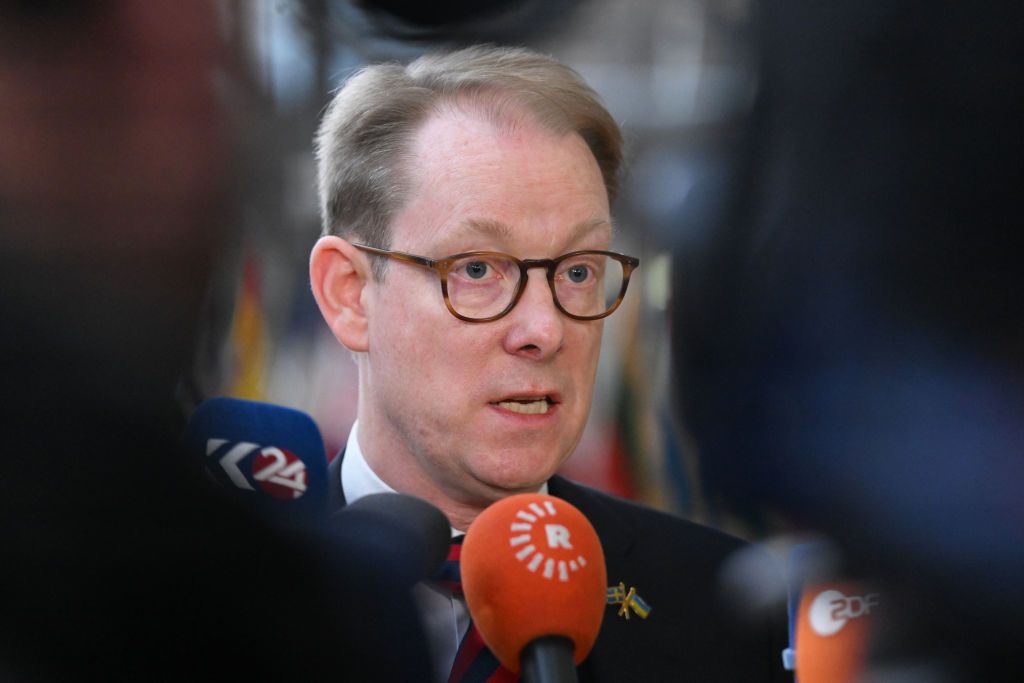The Nordic and Baltic countries are supporting an increased role for NATO in aiding Ukraine in its fight against Russia, as well as in supporting Kyiv’s bid to join the European Union. Sweden’s Foreign Minister Tobias Billstrom stated that while there is unity among NATO member states against Russia’s full-scale invasion, levels of support and public statements vary. Countries geographically closer to Russia, such as the Nordic and Baltic states, have been particularly vocal in their support. The foreign ministers from these countries agreed to assemble a group of experts to help Ukraine in its efforts to join the EU, seeing it as an opportunity to facilitate Ukraine’s path towards European integration.
Sweden officially joined NATO in March 2024, almost two years after applying for membership in direct response to Russia’s invasion of Ukraine. This decision marked a shift from Sweden’s longstanding military neutrality. Billstrom had previously voiced concerns that NATO was not doing enough for Ukraine, emphasizing the need for increased support. As Ukraine faces ammunition shortages, European allies are working to fill the gap left by a decrease in U.S. aid, which has been hindered by domestic political disputes. The move to join NATO comes at a turbulent time in European security, with Russia escalating its military activities and tensions rising in the region.
The support for Ukraine from the Nordic and Baltic countries reflects a broader push within NATO to enhance assistance to Kyiv in the face of Russian aggression. These countries have been vocal about the threat that Russia poses to European security and the need for a united response from NATO. By advocating for an increased role for NATO in providing security-related assistance and coordinating military support for Ukraine, these nations are demonstrating their commitment to standing with Ukraine against Russian incursions. The decision to form a group of experts to support Ukraine’s EU aspirations further underscores the solidarity among these countries in supporting Ukraine’s integration into European structures.
The decision by Sweden to join NATO marks a significant shift in its approach to security and defense, signaling a departure from its traditional neutrality. By aligning itself with the alliance, Sweden is signaling its commitment to enhancing its security and defense capabilities in response to the evolving security landscape in Europe. The move also reflects a broader trend within the Nordic and Baltic regions towards closer cooperation with NATO and a shared commitment to strengthening security in the face of external threats. As Sweden becomes NATO’s 32nd member state, it is expected to contribute to the alliance’s efforts to bolster security and stability in the region.
The challenges posed by Russia’s actions in Ukraine have prompted a reevaluation of security measures in Europe, leading to increased cooperation and coordination among NATO members. The push for increased support for Ukraine and efforts to facilitate its integration into European structures are part of a broader strategy to counter Russian aggression and uphold stability in the region. The involvement of the Nordic and Baltic countries in these efforts highlights the importance of regional cooperation and solidarity in addressing security challenges. By advocating for a more robust role for NATO in supporting Ukraine and coordinating assistance, these countries are working towards a more secure and stable European security environment.















